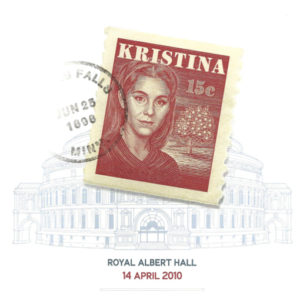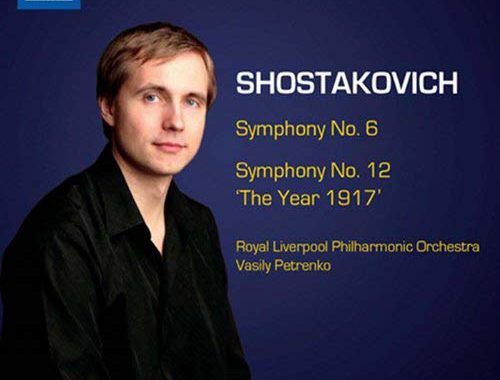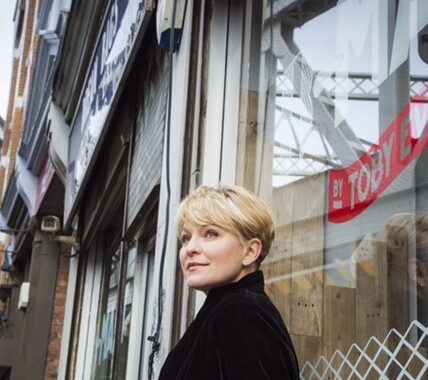Abba’s Swedish Folk Opera
 They tried to sneak in unnoticed but adoring fans had engaged their Abba-spotting radar and a prolonged ovation was inevitable. Benny Andersson and Bjorn Ulvaeus are, of course, pop legends but it’s good to be reminded of the right stuff that made them so. Andersson, in particular, is a composer/melodist of startling distinction – a truly individual voice who is just as eager to wrong-foot you as to embrace you. The Abba song catalogue is up there with all the great pop originals. And their “problematic” musical Chess (problematic only on account of its book) boasts one of the best musical theatre scores of the last 30 years.
They tried to sneak in unnoticed but adoring fans had engaged their Abba-spotting radar and a prolonged ovation was inevitable. Benny Andersson and Bjorn Ulvaeus are, of course, pop legends but it’s good to be reminded of the right stuff that made them so. Andersson, in particular, is a composer/melodist of startling distinction – a truly individual voice who is just as eager to wrong-foot you as to embrace you. The Abba song catalogue is up there with all the great pop originals. And their “problematic” musical Chess (problematic only on account of its book) boasts one of the best musical theatre scores of the last 30 years.
Then there is Kristina – their much-loved “folk opera” (for want of a better description) – which one suspects is more personal and more important to them both than the rest of their creative catalogue put together. If ever a piece sung a nation’s pride, this is it. There’s a lot of it – some four hours in its entirety – and this one-off concert performance (in English at the Royal Albert Hall) presented only its bare bones, a series of musical snapshots from a much larger whole. Snatches of narration and a few cursory captions were as close as we got to narrative coherence – or rather from one immigrant crisis, one miscarriage, to the next. So dramatically sketchy, musically sumptuous. But Andersson’s gorgeous folk-sourced melodies (like a Swedish Grieg) spirited us forward from one accordian-flecked knees-up and effusive ballad to the next.
A better conductor than Paul Gemignani might have conveyed a better sense of development and wholeness but the voices soared when and where the material demanded it (which was often and earnestly): Russell Watson in more registers than any one voice should possess (how false those “tenorial” affectations sound) and Kevin Odekirk with charismatic aplomb.
The show’s beloved heroine, Kristina – as created and lovingly nurtured by Helen Sjoholm – has the score’s most memorable music and Sjoholm reasserted her ownership. It’s a lovely honest voice, effortlessly produced, and she alone held back on emotional and vocal overload until her moment of truth – the show’s stonking eleven o’clock number “You Have To Be There” where Kristina calls upon her God to help her through one last pregnancy. But her faith is fractured and the sheer desperation of the number reflects that. Sjoholm was blistering. How could her entreaty have fallen upon deaf ears? I imagine these final scenes are unspeakably moving in the theatre (will we ever see a staging?) and certainly that final moment of togetherness for Kristina and the love of her life – “I’ll be Waiting There” – brought yet another musical phrase or two of unforgettable rightness.

Let the Sunshine In

Julie's "sprechstimme"
You May Also Like

A Conversation With ADAM GUETTEL: ‘The Light in the Piazza’
02/09/2010
A Conversation With VASILY PETRENKO: Shostakovich Cycle 6 and 12
31/08/2010